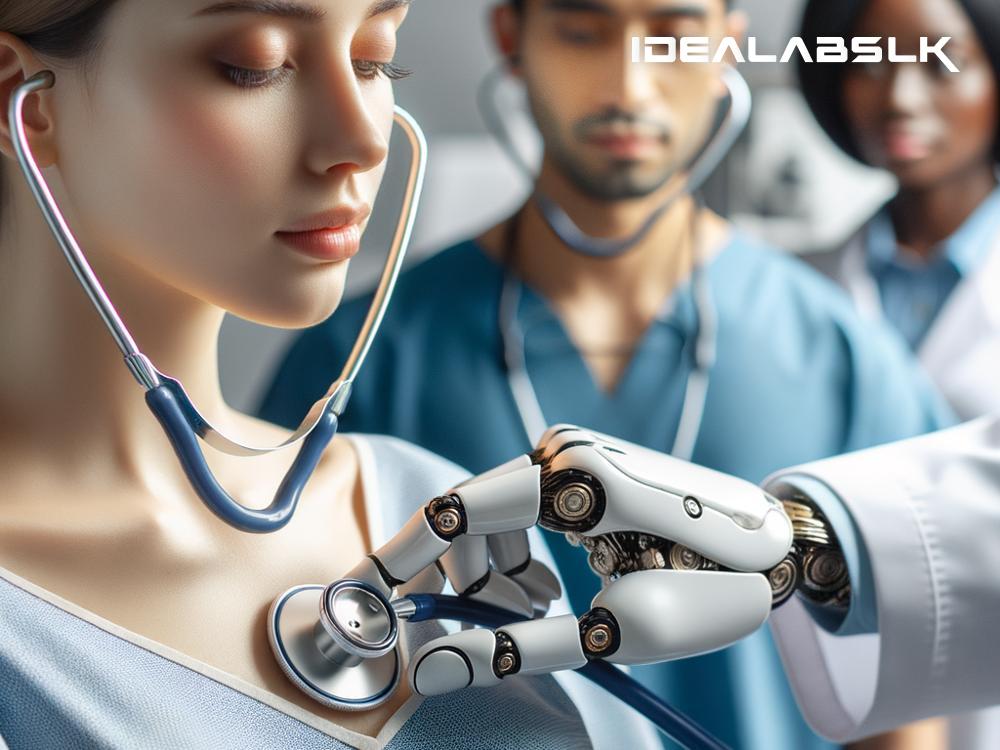The relationship between healthcare and technology has evolved significantly over the years, leading to groundbreaking improvements in the diagnosis, treatment, and management of various health conditions. From the development of innovative medical devices to the adoption of electronic health records and telemedicine, technology has undeniably made healthcare more accessible and effective for many people. However, this growing dependence on technology also raises questions about the risks and implications of entrusting our health to machines. So, when can machines really be trusted with your health?
The magical side of technology in healthcare
Before diving into the concerns, it's essential to acknowledge the wonders that technology has brought to the field of healthcare. Medical devices, ranging from heart monitors to advanced scanners, have made it easier for doctors to diagnose illnesses accurately and swiftly. Telemedicine has emerged as a boon, especially during the COVID-19 pandemic, allowing patients to consult with healthcare providers without the need for physical travel. Moreover, health apps and wearable technology have empowered individuals to monitor their own health, making wellness more attainable.
The other side of the coin: Over-reliance and its dangers
Despite these advantages, an over-reliance on technology in healthcare can present several dangers, from technical failures to issues of privacy and security. Here's a closer look at why depending too much on machines for healthcare may not always be the best approach:
-
Technical glitches and failures: No technology is foolproof. Software crashes, hardware malfunctions, or even basic technical glitches can have dire consequences in healthcare settings. When lives are on the line, relying solely on machines without adequate backup can be risky.
-
Loss of human touch: The essence of healthcare lies in the human connection between patients and healthcare providers. Over-reliance on technology risks diminishing this personal touch, which is crucial for understanding a patient's emotional and psychological needs.
-
Privacy and security concerns: With the digitization of health records and the use of various health apps, there's an increased risk of sensitive personal health information being hacked or misused. The prospect of such breaches can deter individuals from using digital health services, thereby limiting access to healthcare.
-
Overconfidence in technology can lead to mistakes: There's a danger of healthcare providers becoming over-reliant on technology, which can lead to complacency. Assuming that machines are always right can discourage critical thinking and manual diagnostic skills, potentially leading to misdiagnoses or overlooked symptoms.
-
Accessibility and inequality issues: The reliance on high-tech healthcare solutions may widen the gap between those who can afford such services and those who cannot. This disparity can exacerbate existing inequalities, limiting access to healthcare for underprivileged communities.
When can machines be trusted with your health?
While the concerns outlined above are valid, it doesn't mean that technology should be viewed with skepticism or fear. The focus should instead be on finding a balance and ensuring that technology complements rather than replaces the human elements of healthcare. Here are some guidelines to consider:
-
Technology as a tool, not a replacement: Machines should be seen as tools that aid healthcare providers, not as replacements. The expertise, empathy, and judgment of a human healthcare provider are irreplaceable.
-
Continuous monitoring and evaluation: Any technology used in healthcare should be continuously monitored and evaluated for effectiveness, safety, and ethical considerations. Regular updates and maintenance are crucial to prevent technical failures.
-
Training and education: Healthcare providers should receive ongoing training to keep up with technological advancements and to ensure that they can critically assess the appropriateness of technology in different healthcare scenarios.
-
Emphasizing security and privacy: Protecting patient data should be a top priority. Implementing stringent security measures and educating patients about privacy risks and protections are essential steps.
-
Ensuring accessibility: Efforts should be made to reduce inequalities in access to technology-driven healthcare. This includes making technologies more affordable and tailoring digital health solutions to meet the needs of diverse populations.
Conclusion
In conclusion, technology holds immense promise for the future of healthcare, but its benefits need to be weighed against the risks of over-dependence. By fostering a balanced approach that leverages technology while preserving the human aspects of healthcare, we can ensure that machines are trusted allies in our pursuit of health and well-being. The goal should be to use technology not as a crutch but as a valuable tool in enhancing the delivery of healthcare services, ensuring that when machines are trusted with your health, they augment rather than diminish the quality of care.

